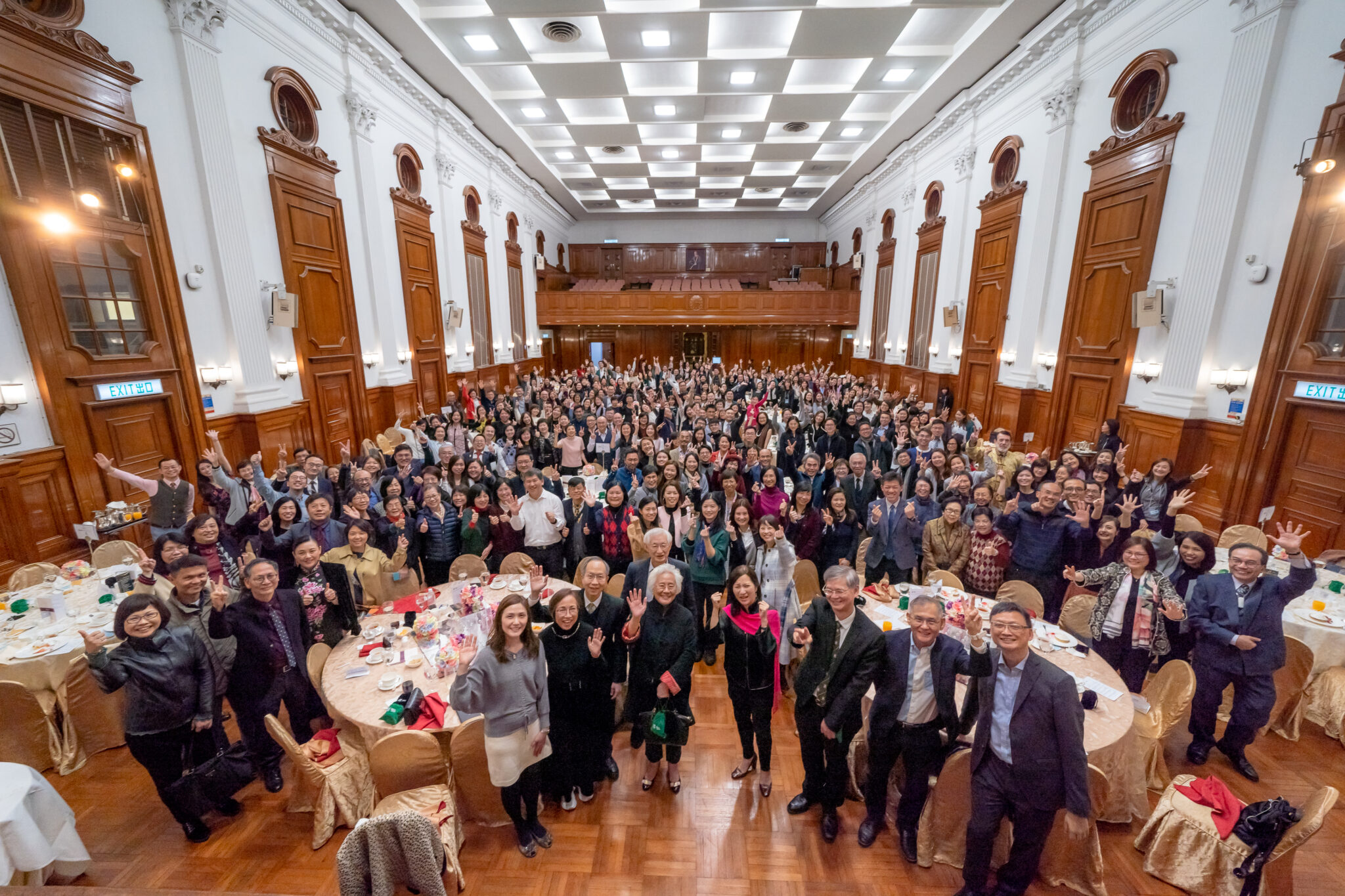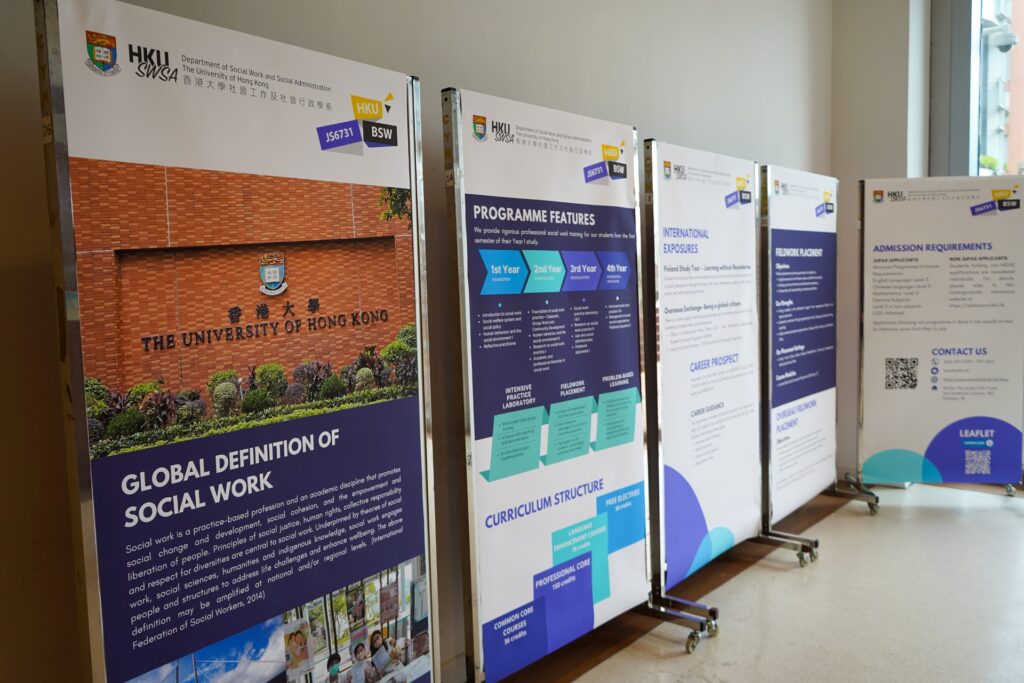TOOLBOX is a school-based social and emotional learning (SEL) program to teach and reinforce 12 tools (e.g., Breathing Tool, Courage Tool) for healthy youth development. Although TOOLBOX has been broadly adopted, it remains largely untested. This quasi-experimental study aims to examine the relationship between TOOLBOX implementation and the growth of social-emotional competence (SEC) among K-2 students. First, we compare the growth trajectories of SEC between TOOLBOX and non-TOOLBOX conditions during one academic year. Then, within the TOOLBOX condition, we compare two implementation directives?TOOLBOX Standard and TOOLBOX Primer?to assess (a) the extent to which TOOLBOX was implemented and (b) the SEC growth trajectories among youth. Two district schools were given an implementation directive and materials to implement TOOLBOX Standard curriculum (full, structured lesson plans and strategies with higher dosage anticipated), and two district schools to implement TOOLBOX Primer (basic, introductory lesson plans and strategies with lower dosage anticipated). There were no dosage benchmarks available for either condition. Two additional district schools practiced as usual (non-TOOLBOX). The study sample consisted of 1766 K-2 students and their 80 classroom teachers. Student SEC was measured three times using the Devereux Student Strengths Assessment-Mini, a teacher-completed brief behavioral rating scale. Implementation dosage and quality were measured three times using teacher self-reports. Latent growth modeling and t tests were conducted. In Fall, SEC did not differ between TOOLBOX and non-TOOLBOX conditions. TOOLBOX students, however, showed a greater increase in SEC over the year. Within the TOOLBOX condition, Standard teachers incorporated the ?tools? into academic instruction more frequently in Spring compared to Primer teachers. For most other implementation variables, no statistical difference was found between TOOLBOX implementation directives. Student SEC growth trajectories did not differ between Standard and Primer schools. Quasi-experimental evidence supports the overall benefits of TOOLBOX on K-2 students? social and emotional growth. We discuss possible reasons for non-differential outcomes between Standard and Primer implementation directives within the TOOLBOX condition (e.g., gap between implementation directives and actual implementation behaviors). The gap between implementation directives and behaviors may provide an impetus for practicing school psychologists to contribute to more robust forms of implementation leadership (e.g., remove obstacles for implementation) and offer implementation support (e.g., coaching, feedback loops).
Congratulations to Prof. LOU W.Q. Vivian on being recognized among the Healthy Ageing 50 Leaders by the UN Decade of Healthy Ageing (2021?2030). The Healthy Ageing 50 highlights people from every region and sector?government, civil society, academia, and business?whose work is measurably improving the lives, rights, and well-being of older people and advancing the Decade?s priorities: combating ageism, fostering age-friendly environments, and expanding access to integrated and long-term care. Honourees are profiled on the Decade platform to showcase approaches with proven impact and potential to scale, and to catalyse collaboration across countries and disciplines?reflecting Dr. LOU?s leadership in ageing and longevity.
Learn more: https://www.decadeofhealthyageing.org/topics-initiatives/other-initiatives/healthy-ageing-50#anchor_two
Prof. LAW Y.W. Frances was admitted as a Fellow of the Academy by the Hong Kong Academy of Social Work. The Fellowship is a senior professional honour that recognizes social work leaders with sustained, exemplary contributions to the profession and the community. Fellows are peer?acknowledged for their professional excellence and leadership, ethical standing, impact on practice and policy, scholarship and education, and dedicated service. As a Fellow, Prof. Law is part of a community expected to set standards for the field, champion continuing professional development, mentor the next generation, and help advance the Academy?s mission to strengthen social work quality and public trust in Hong Kong. This recognition affirms her leadership and broad impact across research, practice, and community engagement.
Learn more: https://academy.hkswa.org.hk/zh-HK/membership/information/fellow/





